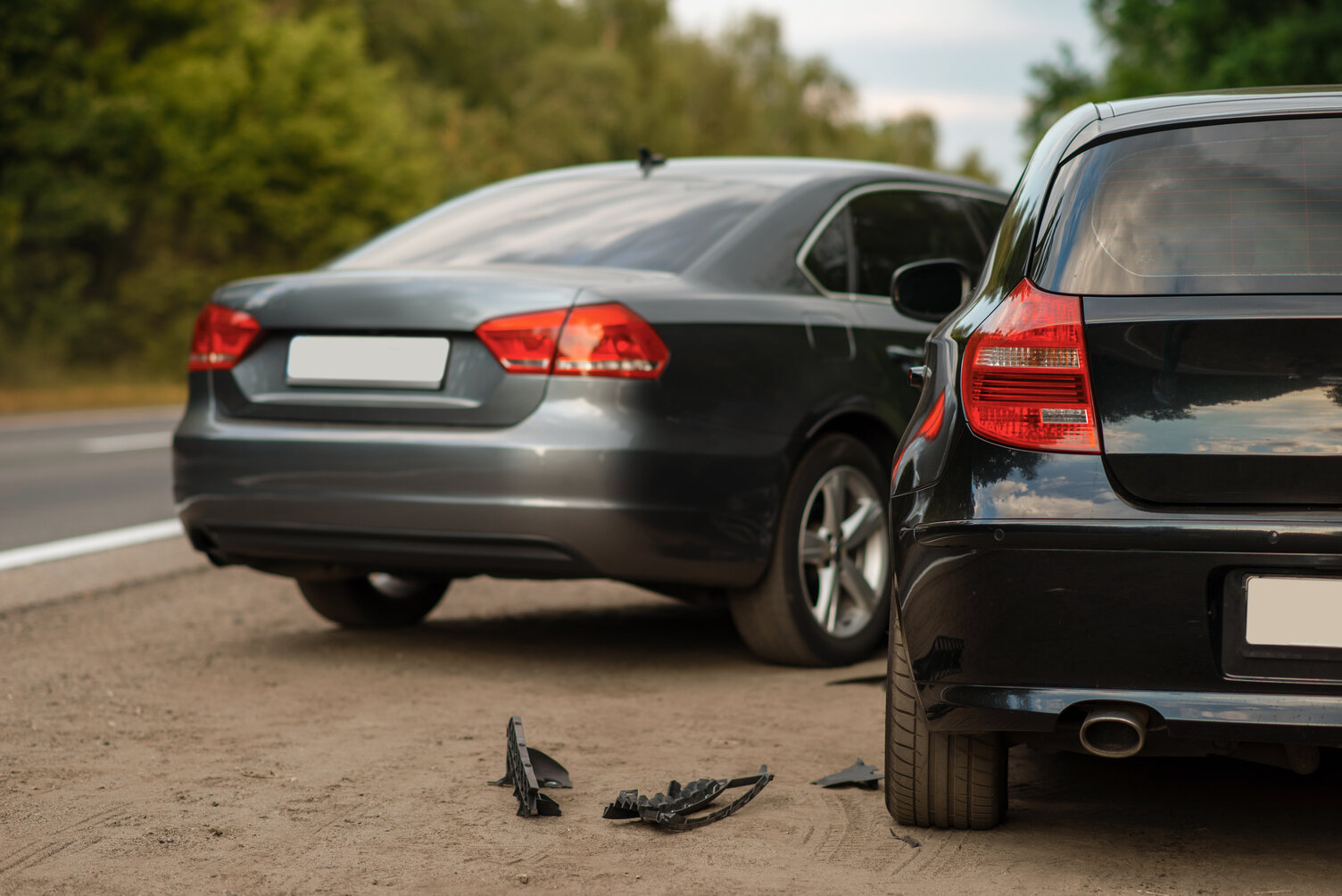
Multi-vehicle accidents, commonly known as chain-reaction or pile-up accidents, often leave victims facing a unique set of challenges and complexities when it comes to navigating the legal and insurance aspects of their case. Multiple drivers, vehicles, and insurance policies can create a web of confusion, with the lines of responsibility and fault frequently blurred. To complicate matters further, multi-vehicle accidents typically result in more severe injuries and property damage, leaving victims in need of significant support and compensation for their losses. Given these factors, understanding the nuances of multi-vehicle accident cases and enlisting the help of an experienced car accident attorney become crucial steps in securing a favorable outcome.
In this article, we will delve into the specific challenges that arise in multi-vehicle accident cases, from determining liability and dealing with multiple insurance companies to gathering evidence and building a solid case. We will provide practical tips and guidance to help safeguard your rights and maximize your chances of obtaining the compensation you need to recover from your injuries and losses.
1. Determining Liability in Multi-Vehicle Accident Cases
Establishing fault in a multi-vehicle accident can be a complex and challenging task due to the involvement of multiple vehicles, drivers, and insurance policies:
– Shared responsibility: In many multi-vehicle accidents, more than one driver may share responsibility for the collision. In such cases, determining each party’s degree of fault becomes critical in allocating compensation.
– Investigation and evidence: Unraveling the sequence of events in a chain-reaction accident often requires a thorough investigation, including reviewing police reports, witness statements, and accident reconstruction analysis.
– Comparative negligence laws: Depending on your state’s comparative negligence laws, your compensation could be reduced if you’re found to be partially responsible for the accident. Understanding the relevant laws in your jurisdiction is crucial for maximizing your compensation.
2. Navigating Multiple Insurance Companies and Policies
Dealing with multiple insurance companies and policies can be overwhelming in a multi-vehicle accident case:
– Identifying relevant policies: You may need to file claims with several insurance companies, depending on the number of parties involved and their respective policies.
– Insurance negotiations: Since each insurer will likely try to minimize payouts and shift the blame to other parties, negotiations can be particularly challenging in multi-vehicle accident cases.
– Policy limits: The insurance policy limits of each driver may affect the amount of available compensation. In cases where damages exceed policy limits, you may need to explore alternative compensation sources.
3. Gathering Evidence and Building a Strong Case
In multi-vehicle accident cases, collecting and analyzing evidence is essential for establishing liability and providing a solid foundation for your claim:
– Accident scene documentation: Photos and videos of the crash scene, vehicles involved, and any property damage can be invaluable in determining the cause of the accident.
– Witness statements: Testimonies from witnesses can help clarify the series of events, support your claims, and potentially uncover additional evidence.
– Medical records: Comprehensive documentation of your injuries and treatments is vital for establishing the severity of your injuries and connecting them to the accident.
– Expert testimony: Accident reconstruction experts, medical professionals, and economists can provide specialized insights to help support your case and quantify your damages.
4. The Crucial Role of a Car Accident Attorney in Multi-Vehicle Cases
Engaging an experienced car accident attorney is of paramount importance in navigating the complexities of a multi-vehicle accident case:
– Initial case evaluation: A skilled attorney can assess the viability of your claim, identify potential challenges, and provide guidance on the best course of action.
– Investigation support: Your attorney can help uncover crucial evidence, interview witnesses, and collaborate with experts to build a compelling case.
– Insurance negotiations: Armed with extensive knowledge and experience, an attorney can negotiate with multiple insurance companies on your behalf and fight for the compensation you’re entitled to.
– Litigation representation: If a settlement can’t be reached, your attorney can represent your interests in a lawsuit, ensuring your rights are protected and advocating for maximum compensation in court.
Conclusion
Faced with the unique challenges and complexities of multi-vehicle accident cases, it’s crucial to arm yourself with knowledge and engage an experienced car accident attorney to protect your rights and secure the compensation you deserve. By taking a proactive approach in determining liability, navigating insurance issues, and gathering essential evidence, you can develop a strong foundation for your case.
Partnering with a dedicated attorney can provide invaluable guidance and support throughout the legal process, from case evaluation and negotiation to litigation and final resolution. By understanding the ins and outs of multi-vehicle accident cases and relying on the expertise of a skilled accident attorney, you can confront the challenges ahead with confidence, ensuring justice is served and the resources necessary for your recovery are secured.